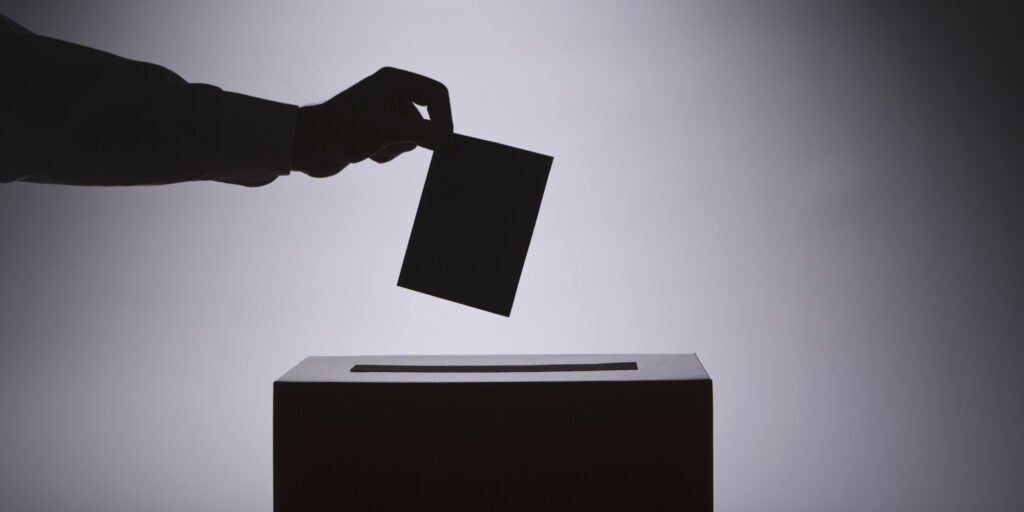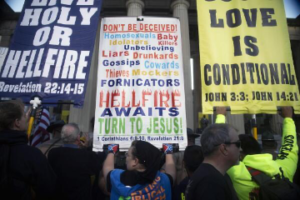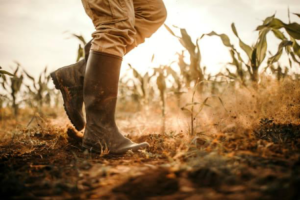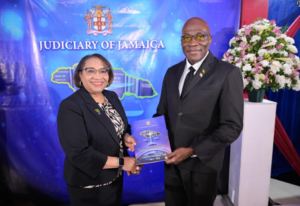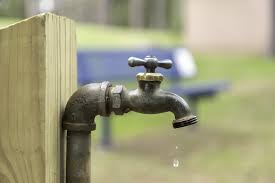The Electoral Process – A Privilege Not To Be Ignored
By Jascinth Aarons
…but whosoever will be great among you, shall be your minister: And whosoever of you will be the chiefest, shall be servant of all. Mark 10: 43b-44.
I have been directly involved in the electoral process in Jamaica for a number of years and was motivated by my parents to participate from when I was a child. When I became an adult and was invited to be trained as an Election Day Worker (EDW) Cluster Supervisor, I asked my dad what he thought of me considering accepting. He responded, “Serving your country is a noble thing, my dear.”
In turn, I now encourage the Remnant Army and other interested individuals to make themselves available to serve our nation in any of the positions that will be needed for a national election to be successfully managed on the ground.
While I know that money should not be our main motivator, you will be remunerated for the time that is spent in training as well as the day that you actually serve, so your time and the sacrifices you make will be duly rewarded.
Before going into details in this and subsequent articles, we need to recognise the privilege we have as a nation to be able to have a say in selecting our leaders. The term that is used for this is ‘Universal Suffrage’ or ‘Adult Suffrage’ (also called Universal Franchise, General Suffrage, and Common Suffrage of the Common Man), and it gives the right to vote to all adult citizens, regardless of wealth, income, gender, social status, race, ethnicity, or any other restriction, subject only to relatively minor exceptions (Wikipedia).

ELECTION OF LEADERS – GOD INSPIRED
The process of electing leaders is guided by the principle that Jethro gave to Moses in Exodus 18:20–22. That account outlines the selection of a leader who will then place men, “…to be rulers of thousands, and rulers of hundreds, and rulers of fifties, and rulers of tens…” (Exodus 18:21). It was God who appointed Moses, who then chose the leaders; however, the suggestion made by Jethro to his son-in-law could only have been inspired by God. Thankfully, in our time and generation, we now have the honour of participating in the selection process.
We often think that it is only Jamaica’s electoral process that has been fraught with challenges, such as ballot box tampering, but there are other nations where there is a fight for transparent, democratic voting procedures. This can be seen in ‘anocracies’—governments’ that act more authoritarian than democratic, or, simply put, governments that are ‘part democracy, part
dictatorship.’ Surprisingly, there are also nations that have only recently included women in their electoral processes, e.g., Saudi Arabia in 2015.
Initially, in many instances, Suffrage granted only men voting rights. However, in 1944, for the first time in Jamaica’s history, the Jamaican Constitution extended the voting franchise to all adults (at least 21 years old), with no restriction based upon gender, income, property, race, or literacy. The previous Electoral Law of 1884 was repealed and replaced by the Representation of the People Act (ROPA) Law 44 of 1944. (2014, The History of the Electoral Commission of Jamaica).
SOME TERMS WE NEED TO KNOW
As we go deeper in the process of voting over the next few weeks, if the LORD tarries and the election date is not suddenly sprung upon the nation, there are some terms we need to know as they will be mentioned frequently.
Polling stations – the various places within a polling division for electors to cast their votes during an election. Every polling station should be open from 7:00 a.m. to 5:00 p.m. on Election Day for the general populace. Some stations may be located in schools, church halls, community centres, etcetera.
Ballot papers – these are the official papers bearing the names and symbols of all candidates contesting the election within each division or constituency and are made available for electors (voters). The voter indicates his or her selection by placing a cross ‘x’ beside the candidate of choice.
Electors (voters): any person whose name is on the official List of Electors who shall be permitted to vote at the polling station where their name appears on said list. Having established the right to vote in a particular polling station, on election day, the elector (voter) is supplied with a ballot paper and instructed on how to mark on it and return it, folded, so as to maintain secrecy. Once the elector has completed this process, he or she will have the right index finger stained with electoral ink. The ballot is then dropped into the ballot box in their presence, after which they depart the polling station and its general location.
INCREASING VOTER TURN-OUT
In upcoming articles, I will place more focus on Election Day procedures.
The aim is to ensure that all voters feel more comfortable with the process by the next election day in Jamaica, which constitutionally should be a local government (Parish Council) election. While many citizens don’t necessarily view this particular election as important as the general election, it is oftentimes used as a metre to measure the pulse of the electorate in respect of which party may eventually sit in leadership in parliament.
All of this is being shared to the extent that when people feel more confident in the process, a larger percentage of voters will go out and get their fingers inked; a larger number will exercise their right to cast their vote!
So, stay tuned.
________________________________________
Contact [email protected]. Jascinth Aarons is a trainer of Election Day Workers/EDW Cluster Supervisor

